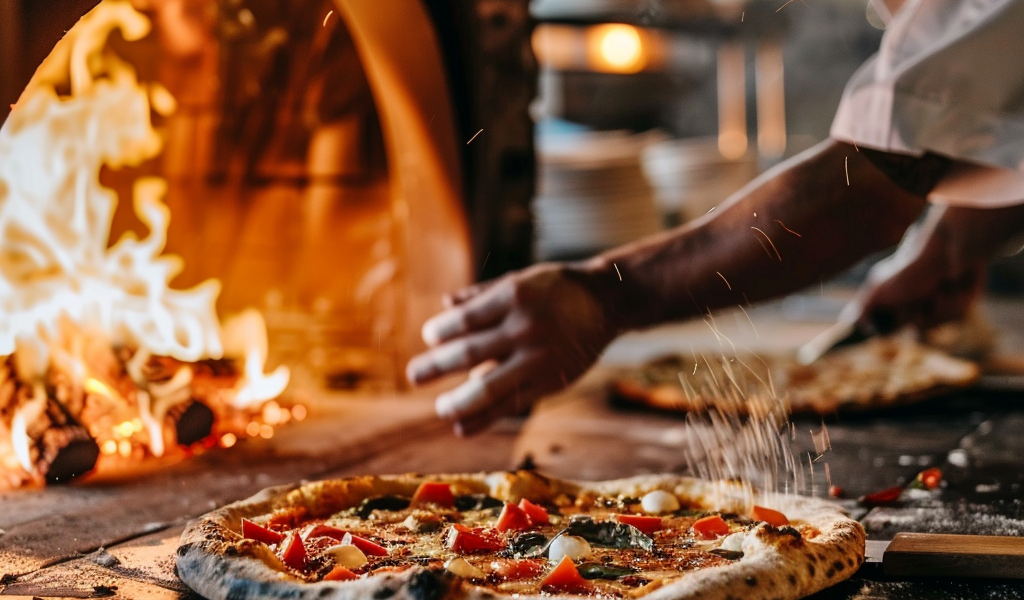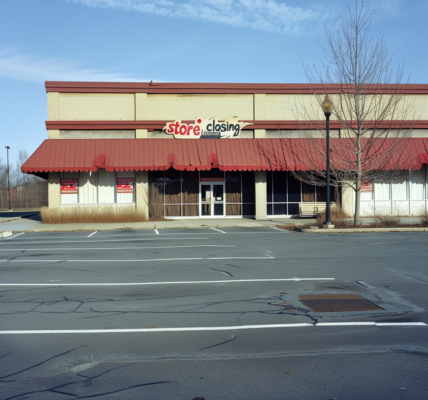A popular restaurant chain in the Greater Toronto Area has made a bold move by implementing a carbon fee on all customer bills. Goodfellas Wood Oven Pizza, with seven locations across the region, has started adding a 2% carbon fee to every order, aiming to invest in carbon capture to offset their carbon footprint.
The decision to introduce this fee has sparked curiosity and discussion among patrons, with some expressing surprise at seeing such a charge for the first time on a restaurant bill in Canada. One customer, Joseph Cristiano, shared his experience of discovering the additional fee on his bill, raising questions about the transparency and accountability of where the funds are being directed.
While Goodfellas did not respond to requests for comment, their website provides insight into their motivation behind the carbon fee. The restaurant chain, known for sourcing products from Italy, has chosen to support Tree Canada’s National Greening program, which focuses on reforestation efforts through tree planting.
Despite initial skepticism from customers, the Canadian Federation of Independent Businesses (CFIB) has clarified that as long as the fee is not labeled as a tax, it is within the legal rights of the business to implement such charges. Julie Kwiecinski of the CFIB emphasized that businesses have the autonomy to include line items on receipts and affirmed the legality of Goodfellas’ decision.
However, Kwiecinski also highlighted a broader issue concerning outstanding carbon tax revenues, citing that businesses across Canada are reportedly owed $2.5 billion in past due carbon tax revenues. The CFIB’s stance underscores the need for the federal government to address and rectify the challenges within the carbon tax rebate system.
As the debate around environmental responsibility and financial implications continues, the introduction of the carbon fee by Goodfellas Wood Oven Pizza has brought attention to the evolving landscape of sustainability initiatives within the business sector. Customers and industry stakeholders are likely to closely monitor the outcomes and implications of this pioneering step taken by the restaurant chain.





